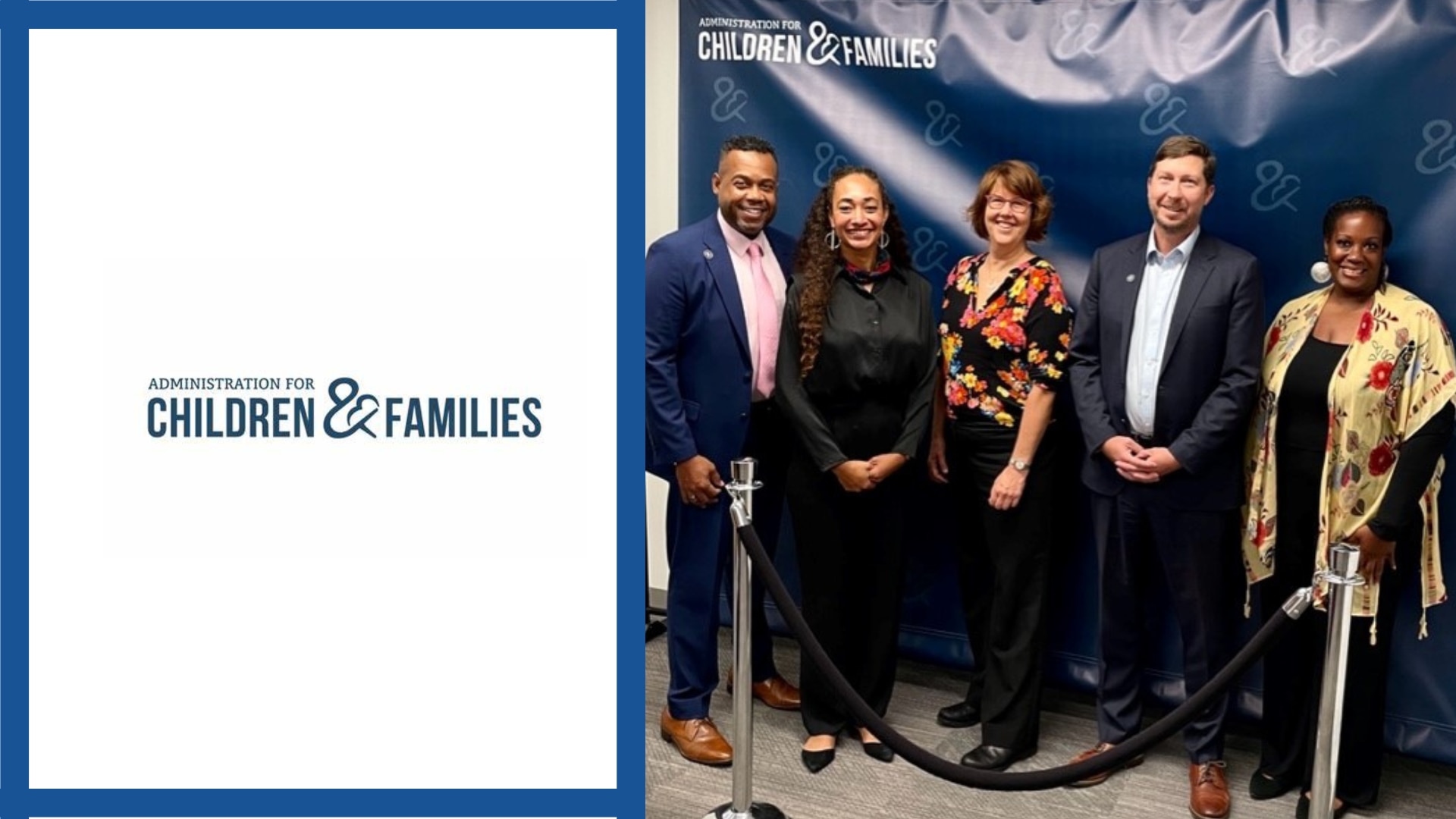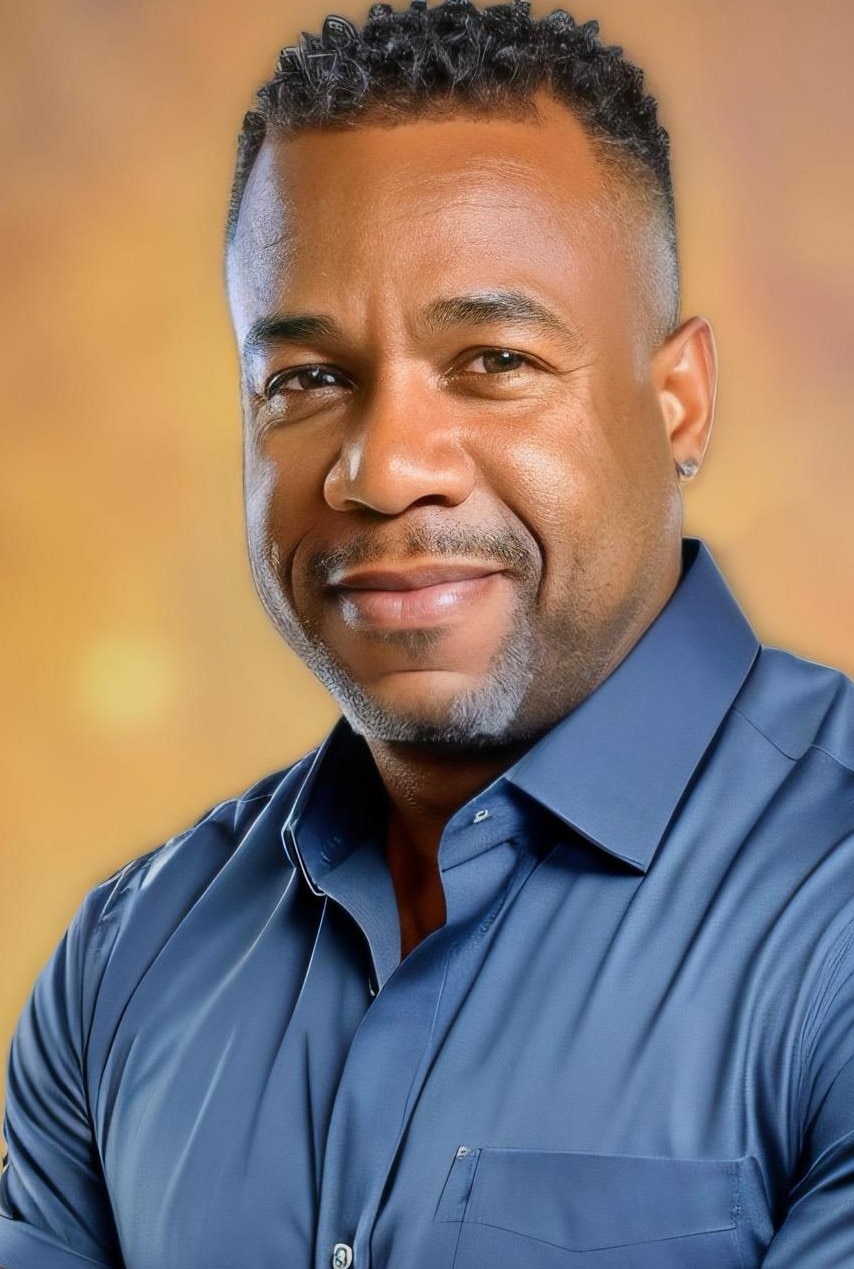Summary:

A Message from the Chief Equity Officer for the Administration for Children and Families.

I never imagined that my path, starting as a young child in the Head Start program in North Philly, would one day lead me to the role of becoming the first-ever Chief Equity Officer at the Administration for Children and Families (ACF). My journey has been filled with challenges, amazing mentors, and pivotal moments that shaped my passion for diversity, equity, inclusion, and accessibility (DEIA). It is a journey marked by the struggle to break through barriers and the determination to ensure that others do not have to face the same obstacles I did. My story is not just about personal triumphs, but about the responsibility to “lift others as we climb.”
My commitment to DEIA began in high school, a place where I first encountered the harsh reality of inequity. As a first-generation college student, I faced countless roadblocks. My guidance counselor, rather than encouraging me to aim high, suggested community college without offering any real guidance on how to explore other options. As I did not have other family members who attended college, I could not just refer to family to assist with this journey. It was a difficult time, but it sparked something within me. I realized that the system was not set up to help students like me succeed. This experience did not discourage me but empowered me to aim high.
I continued on and matriculated to Pennsylvania State University to pursue my undergraduate degree. It was not until I met a passionate and wonderful mentor who happened to be the Director of Admissions that I began to see a way forward to make a larger impact. She was a mentor who genuinely cared about my future and asked the tough questions that made me think critically about my path. Her guidance led me to Virginia Polytechnic Institute and State University (Virginia Tech), where I pursued an advanced degree.
After my time at Virginia Tech, I worked in higher education (American University, Bates College, and Lafayette College), but soon found myself at a crossroads. The question, “What do you do next?” lingered in my mind. During my time at American University, I had an enlightening and unexpected encounter with a recruiter from Arthur Andersen, who opened my eyes to the corporate world. Transitioning to corporate America was a culture shock. The environment was vastly different from higher education, but it was also an opportunity to make a difference. I focused on diversity recruiting, driven by a passion to help students see opportunities they never knew existed. I found mentors along the way, who guided me and showed me the ropes. However, I also faced significant challenges, including age discrimination because I was very accomplished at a young age (and Black) and that intimidated certain organizations.
These experiences only strengthened my resolve to advocate for change and ensure that others would not have to endure the same barriers and hardships.
One of the most rewarding aspects of my career has been the opportunity to build programs that promote equity. At Johnson & Johnson (J&J), I created the “Developing Diverse Leaders of Tomorrow Program,” which targeted first- and second-year college students across the country. This week-long program provided students with invaluable experience in a Fortune 50 company, leading to internships and job offers for many participants. Seeing these students, many of whom had never been exposed to corporate life, succeed, and move on to senior management and executive roles was incredibly fulfilling. At Bates College and Lafayette College, I spearheaded the “Prologue Program,” designed to diversify the predominantly white institutions. The program offered students and their families, advocates, and supporters a glimpse into college life, fostering a sense of community and trust. It was more than just a recruitment tool; it was a way to create an environment where students felt safe to ask questions and seek support.
Sharing stories of change is crucial in fostering a culture of transparency and authenticity within HHS and ACF. I believe that personal narratives can promote a deeper understanding of DEIA initiatives, not just among colleagues, but also among the communities we serve. When people hear success stories, it inspires them to take action. For me, it’s about more than just telling a story—it’s about making a lasting impact.
As we continue to evolve in our efforts to advance DEIA within ACF, my goal is to provide the resources and opportunities that were not available to many in the past.
“I am committed to removing barriers and creating pathways for others to succeed. The landscape of social equity is constantly changing, and I am determined to stay ahead of the curve, ensuring that we don’t just talk the talk, but walk the walk. ”
Whether it is through equitable grant-making or other initiatives like workforce development or recruitment and retention, I am committed to removing barriers and creating pathways for others to succeed. The landscape of social equity is constantly changing, and I am determined to stay ahead of the curve, ensuring that we don’t just talk the talk, but walk the walk.
My advice to those who aspire to become advocates for DEIA is simple: Listen. Everyone has a different story, and being an active listener is the first step toward making a difference. Be persistent and creative in your efforts to turn a “no” into a “yes.” Stay steadfast in your commitment to equity and remember that the journey is just as important as the destination.
As I reflect on my journey from Head Start to Chief Equity Officer, I am reminded of the importance of “lifting others as we climb.” My story is just one of many, but it is a testament to the power of perseverance, mentorship, and the unwavering commitment to making a difference. I hope that by sharing my experiences, I can inspire others to continue the fight for equity, one story at a time.
Dia D. Harris
Chief Equity Officer
Administration for Children and Families
Department of Health and Human Services
The DEIA journey is a continuous process of learning and improvement. Committing to DEIA is not just the right thing to do—it is the smart thing to do. It makes HHS a stronger federal agency, a more effective leader and partner in advancing the health of the nation, and an attractive home for the nation’s best and brightest talent.
Leadership change stories will evolve as we collaborate across HHS and make shared progress. We will move forward with a focus on continuous improvement and addressing existing and emerging leadership needs.
For questions, resources, or additional information, please email DEIAStrategicPlan@hhs.gov.


